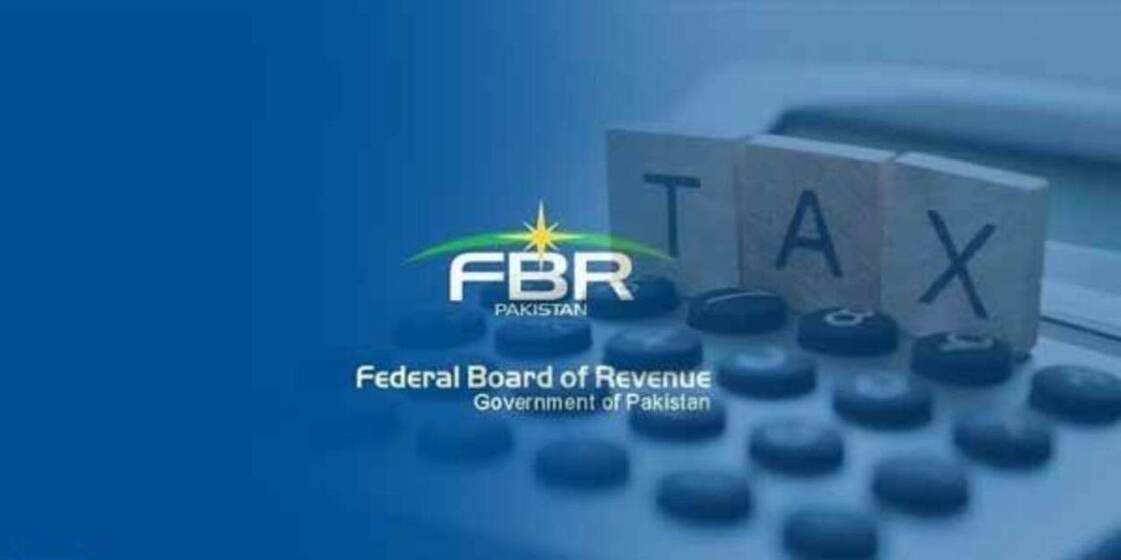The Federal Board of Revenue (FBR) is working on a new law that aims to eliminate the classifications of “late-filers” and “non-filers” from the Income Tax Ordinance of 2001.
According to sources cited by Business Recorder, a draft bill is being prepared to do away with both terms. The “late-filer” designation, which was introduced in the Finance Act of 2024, is currently being challenged in the Lahore High Court.
Under the new proposal, everyone will need to verify their sources of income when making significant financial transactions, such as buying properties or vehicles. The law will outline different monetary thresholds for these declarations.
If a person is a registered taxpayer and can prove their income sources, their family members—including a non-filing spouse, parents, children under 25, and unmarried/divorced/widowed daughters—will not have to submit tax returns for various transactions. However, the registered taxpayer must provide proof of income for their family’s financial activities.
The new law aims to simplify transactions for the general public. For instance, individuals will be able to purchase motorcycles and used cars up to 1300cc without much scrutiny, but will need to declare their income sources for vehicles above that limit. Property transactions amounting to up to Rs 10 million might also be allowed without complications.
To illustrate, if a taxpayer has Rs 100 in cash, they can spend up to Rs 130 without questions; however, any large property dealings can still occur as long as the market value and sources of funds are declared.
The FBR plans to roll out a mobile app that will allow individuals to declare their income sources conveniently. This app will replace the need for taxpayers to visit tax offices for exemption certificates.
Additionally, the new law will impose penalties for those who don’t comply, linking the ability to make investments and open bank accounts to the requirement of filing tax returns. No monetary transactions will be permitted without a declared source of funds, supported by technological measures.
The FBR will also provide banks with information based on taxpayers’ declared incomes and set specific limits for financing transactions. Any amounts exceeding these limits will need to be reported to the FBR. This new system is expected to be implemented in the coming months.
















